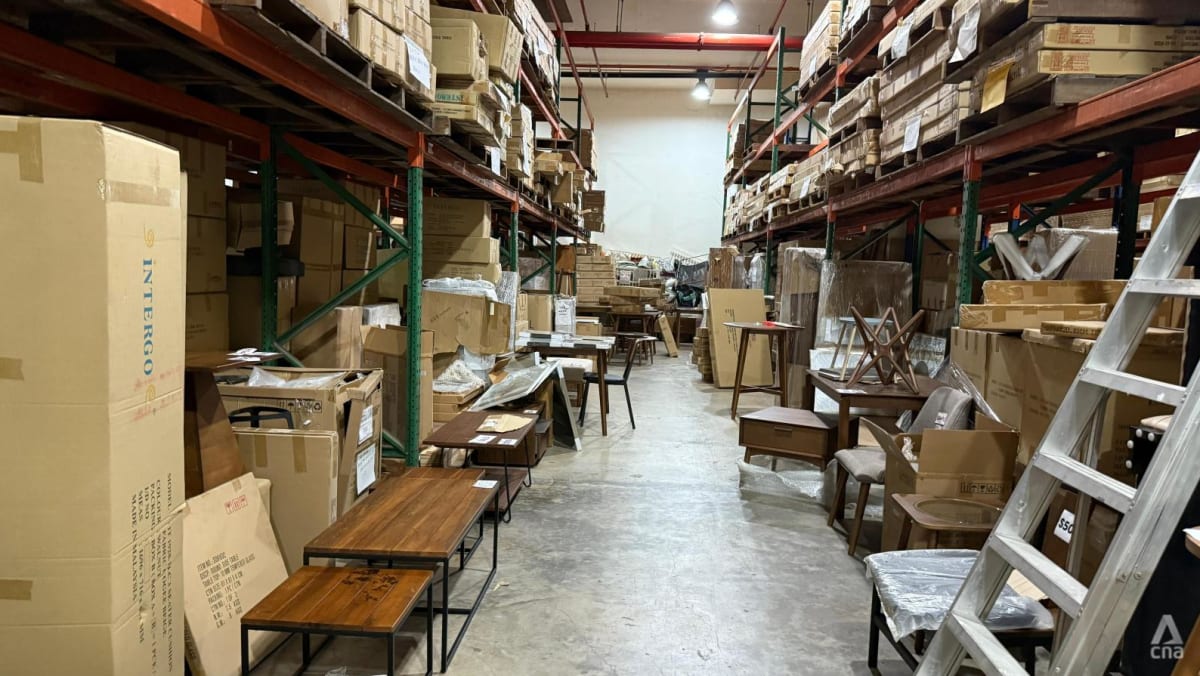Cash flow problems are a key reason why companies go bust, said liquidators and analysts. This means they do not have enough money coming in to cover what they owe, even if they have assets on paper.
Businesses also dealt with rising interest rates between 2022 and 2024, with rates beginning to ease only earlier this year.
By then, however, many firms had already been hit hard by the withdrawal of COVID-19 government support at the end of 2023 as well as a weak economic year.
FOOD AND BEVERAGE SECTOR BADLY HIT
One debt collector firm, JMS Rogers, said an extreme example it handled was a food supplier that worked with major restaurants in Singapore.
“When he approached us, he gave us almost 120 debtors to go after, and the total size of collections was almost S$2.5 million (US$1.9 million) … His cash flow was quite badly affected,” said JMS Rogers’ CEO Leroy Frank Ratnam.
Debts can range widely from hundreds of dollars to hundreds of thousands, he added.
Debt collectors and liquidators said the food and beverage industry has been the hardest hit, followed by the interior design and construction sectors.
In some cases, employees band together to demand unpaid salaries and bonuses. Commercial landlords also approach Mr Ratnam’s firm to collect rental fees.
“A lot of times, we see that the rental deficit has been about four to six months,” said Mr Ratnam, adding that he questions these landlords on why they took so long to take action.
“Their belief is that the company will turn around and they’ll catch up and improve their cash flow, and once that happens, they will be able to pay,” he said.
“However, having been in this industry for a very long time, we know that that rarely happens, so we are there to collect.”
This year, his firm has seen a 20 to 30 per cent increase in cases each month. Some clients constantly return to seek help in clawing back money owed to them by businesses, he added.
